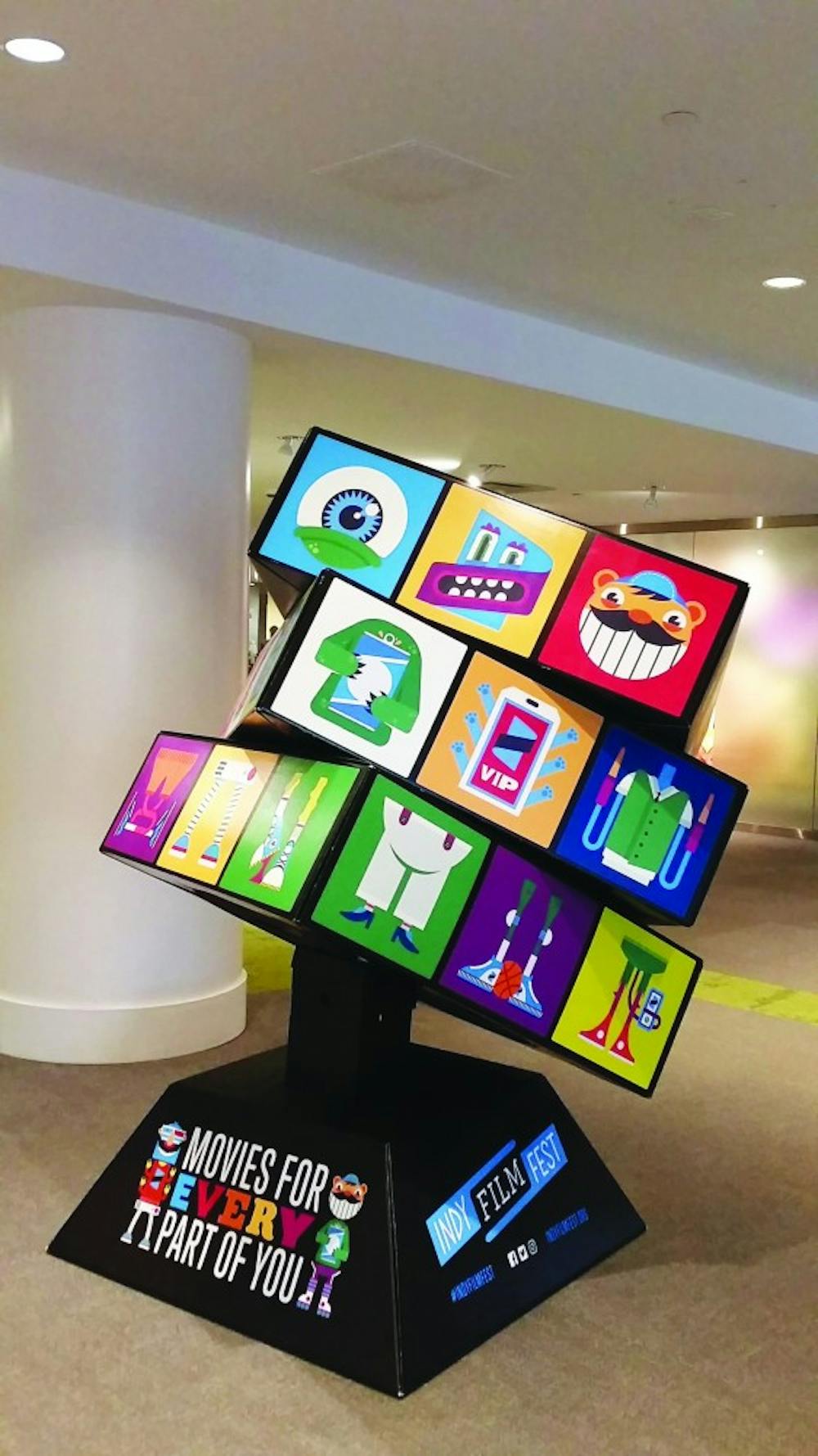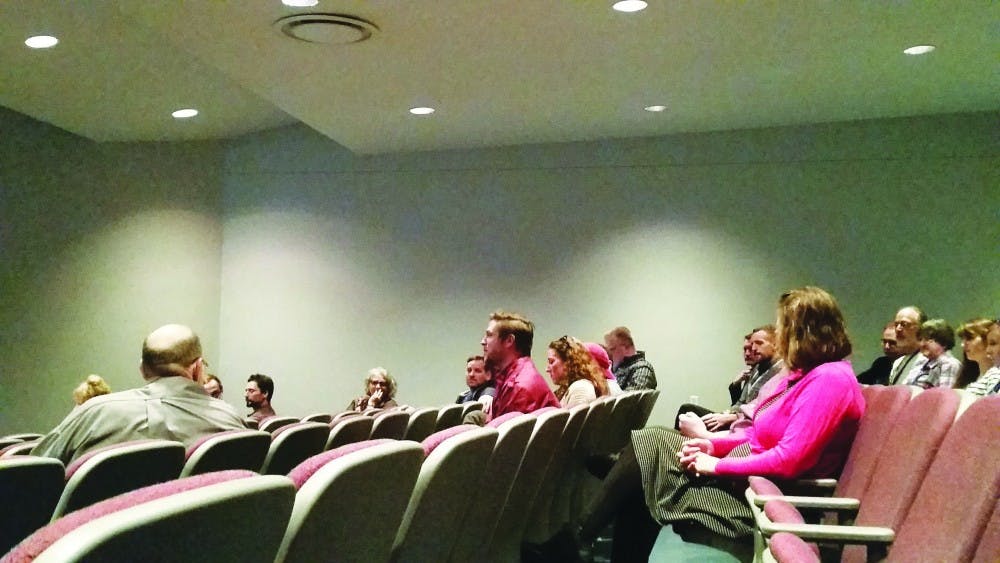
By Andrew Hoff | Echo
"Movies for every part of you."
That is the theme of this year's Indy Film Fest, now in its 15th year, presented by Indiana State University. The Indy Film Fest is one of the Midwest's largest and fastest-growing film festivals, this year screening over 140 documentaries, features and shorts.
This year's festival had its opening night April 26, and will come to a close this Sunday, May 6. By the time this edition of The Echo is distributed, there will be 25 screenings left, each at $10 per seat in one of four theaters at the Indianapolis Museum of Art at Newfields.
Many of the screenings in this year's Indy Film Fest are being attended by directors, producers or actors in those films, featuring talkbacks. Audience members who are not film professionals themselves often have some cursory knowledge of the industry; or, they simply love movies.
That is what is really so remarkable about film festivals: the people they draw. It isn't the same crowd found in a local theater.
On the afternoon of April 28, the Indy Film Fest hosted a free filmmakers' panel discussion, and no filmmakers sat on the stage. In fact, no one sat on the stage. The audience of a few dozen turned in their chairs and talked amongst themselves; quickly it came out that there were 14 directors in the audience with films in the festival, and many of the other audience members acted or were on the crew of those films.
Among other topics, they discussed a lack of gender diversity in the film industry.
"Scour the credits very closely," said Grace Hannoy, who wrote and acted in "When We Grow Up," a feature film about a family forced through unconventional emergency to confront each others' flaws. "When We Grow Up" boasted an all-female creative team. It will screen again Sunday, May 6, at 12:00 p.m. as part of the "Best of Hoosier Lens" program.
Hannoy added that the credits of many high-budget creative teams feature few to no females, even though they are working in the industry and are incredibly capable. "When We Grow Up" is something of an anomaly that she is hoping we see more of in the near future.
They also discussed how to choose which film screenings to attend. Brian Maurer, director of "In the Wake of Ire," which screens again Sunday, May 6, at 4:00 p.m. as part of the "Best of American Spectrum" program, recommended shorts blocks, which are well-programmed and feature more content than a full-length film screening. Maurer also recommended attending films where a filmmaker is in attendance, since this provides the viewer with a rare opportunity.
As the "panel" came to a close, many of the filmmakers who participated in the discussion exchanged what time their film was screening, and promised to make it to the others' film.
A trek to Indianapolis this weekend may reap an encounter with a documentary feature like "Film School Africa," which was directed, produced, shot and edited by Taylor alum Nathan Pfaff ('14).
"Film School Africa" follows Katie Taylor, a filmmaker with opportunities in Hollywood who instead chose to start a film school in the rural township of Kayamandi, South Africa. The documentary follows four students, Juan, Sihle, Repro and T.K., as they struggle to convince their community that film is their calling, and eventually learn how to shoot and edit films themselves.
"Film School Africa" features themes of healing South Africa's past racial divisions through story-sharing, using creative outlets to process emotions and following the callings God places on people's lives. Unfortunately, "Film School Africa" will not screen again this weekend, but it will be released after it makes its festival rounds.
Or maybe a foreign feature like "Skynd Deg Sakte" (which means "hurry slowly" in Norwegian) would be more enjoyable. "Skynd Deg Sakte" is a slice-of-life film that tells the story of Fiona and her mentally-ill brother Tom, who live in coastal Norway. This film is incredibly meditative, featuring whole 20-30 second clips of Fiona riding her bicycle, or a popcorn machine popping. "Skynd Deg Sakte" is patient and rhythmic, offering the viewer only what the viewer intends to gain.
Whatever the festival experience, the Indy Film Fest promises "movies for every part of you," and a movie-going experience that cannot be found elsewhere.





